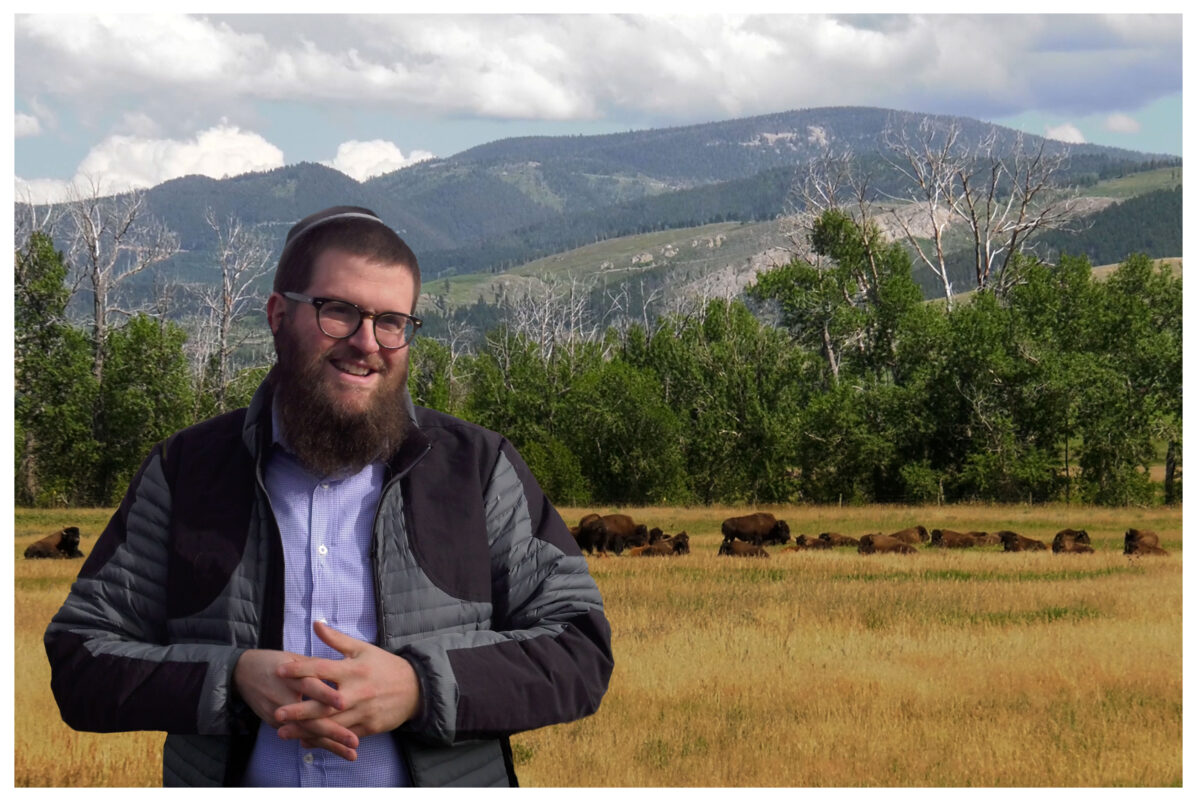Rabbi Chaim Bruk is proud to be a missionary. “I’m God’s salesman,” he says jauntily in The Rabbi Goes West, a documentary by Amy Geller and Gerald Peary. “I’m trying to sell Judaism.”
Their interesting film will be screened on Zoom by the Uptown Jewish Film Festival in New York City on Sunday, August 15 at 7:30 p.m. (https://www.juarts.org/uptown-jewish-film).
Bruk, a 40-year-old native New Yorker, strives to share “the beauty and joy” of Orthodox Judaism with the small Jewish community of Montana, a sparsely-populated state bordering western Canada.
He and his wife, Chavie, the parents of five adopted children, have run the Chabad-Lubavitch center in the town of Bozeman since 2006. This is the year they arrived in Montana, which has fewer than 2,000 Jews scattered in other towns like Helena, Whitefish and Great Falls.
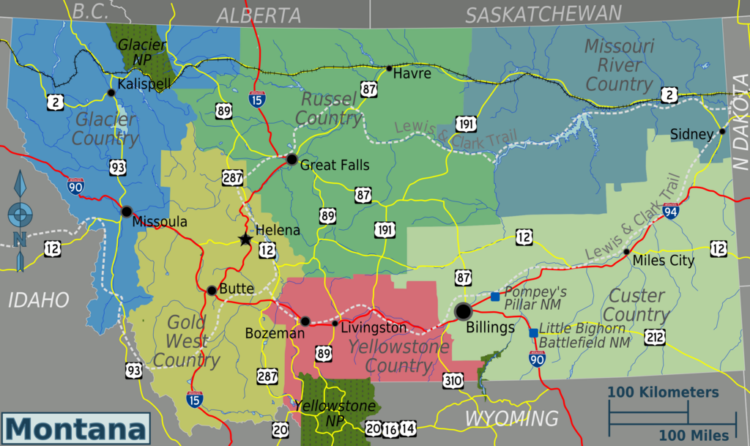
To Bruk, an affable and articulate person, Montana was “a fertile place” for “outreach,” a process by which he disseminates his timeless message of faith to non-religious and unaffiliated Jews. He tries to insinuate himself into their hearts and minds by placing kosher mezuzahs on their doors.
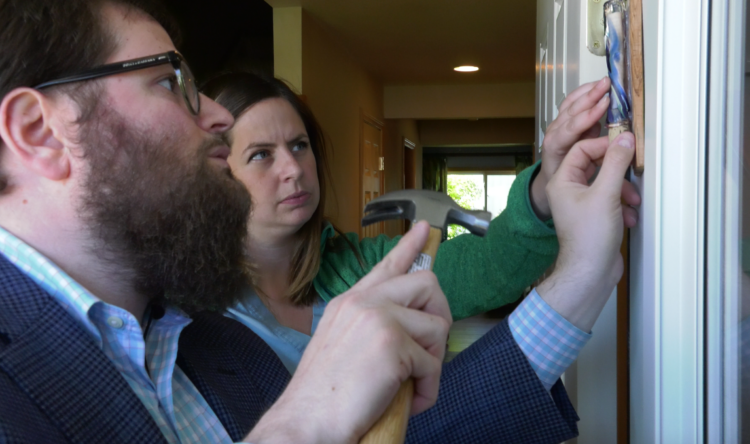
Bruks’ grand ambition is to affix a mezuzah in every Jewish household in the high sky state. He certainly has followers, but as the film suggests, not everyone is receptive to his proselytizing.
Rabbi Ed Stafman, the spiritual leader of a Reform temple in Bozeman, believes that Bruk should “respect boundaries” and refrain from trying to poach his congregants. A woman of the same mindset claims that Bruks’ modus operandi is to “collect souls” for Chabad-Lubavitch.
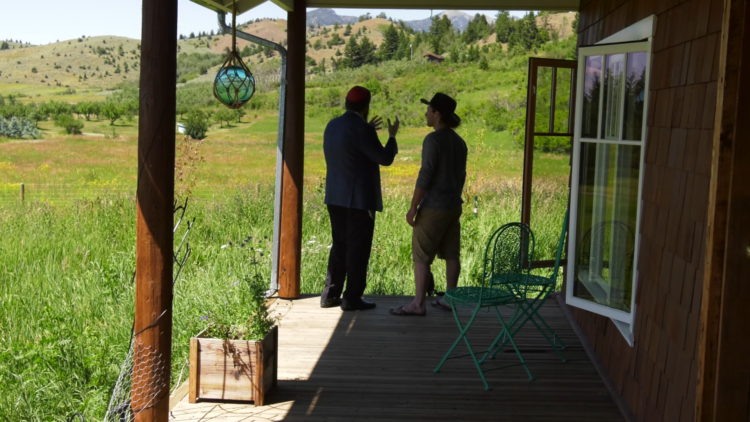
Francine Roston, a Conservative rabbi in Whitefish, resents his intrusive methods. To Roston, Bruks’ mezuzah campaign is nothing less than an “excuse” to promote his small-c conservative brand of Judaism.
Describing Chabad-Lubavitch as “a cult of sorts,” Stafman is offended by Bruks’ refusal to recognize the legitimacy of Reform Judaism and attend events sponsored by his synagogue.
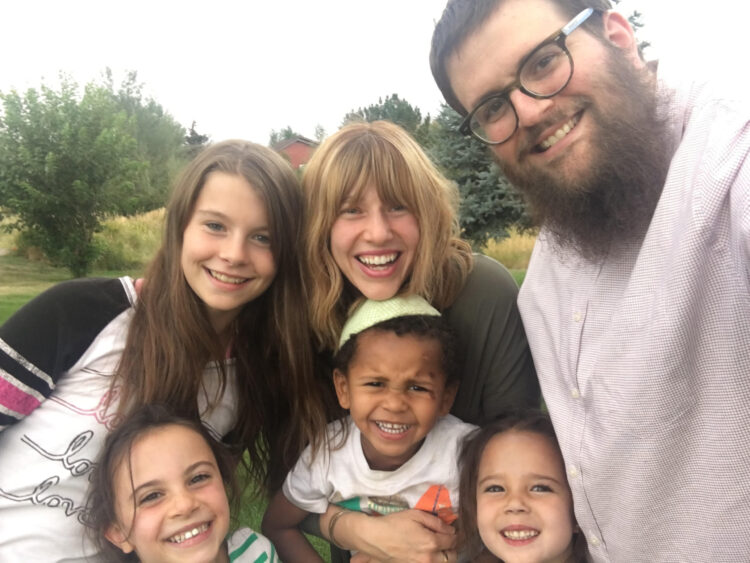
By way of response, Bruk says he can’t go to events that are “totally out of line with Jewish tradition.” Later in the film, while claiming that Montana has made him “a more open and thoughtful person,” Bruk sticks to his mantra that Reform and Conservative Judaism are “less authentic” than Orthodox Judaism.
In 2017, neo-Nazis issued threats against the Jewish residents of Whitefish that frankly terrorized some of them. Bruk, having learned how to use firearms since his arrival in Montana, seems unconcerned by these antisemites, dismissing them as “noisy fellows.”
Looking back at his sojourn in Montana, Bruk appears satisfied. But his work will not be finished, he says, until all his fellow Jews in the state have been exposed to the wonderful traditions of Judaism.
